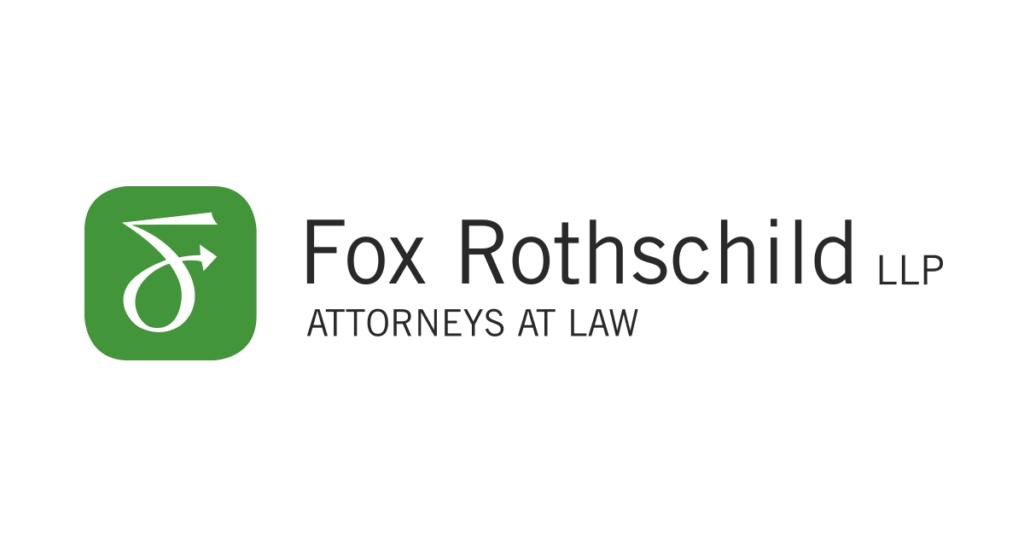Effective Contract Management: FAR Remedy Granting Clauses, Certified Claims, and Disputes
This content is presented by Fox Rothschild LLP

Submitting a certified claim to a government agency or appealing a contracting officer’s final decision (COFD) can be a risky business decision for federal contractors.
On one hand, there is the risk of straining the relationship with its valued client and potentially risking the contractor’s ability to get future work.
On the other hand, claims sometimes are inevitable because you are entitled to compensation, but have not been able to come to agreement.
A Contractor’s first line of defense is to protect itself by following the requirements in the remedy-granting Federal Acquisition Regulation (FAR) clauses contained in the contract. If that is unsuccessful, the contractor must then decide whether to submit a certified claim. If the claim is denied, you then reach a decision point on options to appeal the COFD.
Whether to head to a board of contract appeals or the Court of Federal Claims and then whether to engage in Alternative Dispute Resolution are tough questions.
Remedy-Granting FAR Contract Clauses
As an initial matter, federal contractors must understand that the FAR remedy-granting clauses do not provide automatic relief without action on their part. The contractor must take affirmative and diligent steps to protect its rights to additional time and costs.
Contractors may look to the FAR’s Changes clause (52.243-1) to recover excess performance costs caused by changes made by the agency (under either a directed or constructive theory). Contractors must assert claims for extra time and costs within thirty (30) days of the change. It is therefore imperative to stay on top of project correspondence, communicate with the government, and provide prompt notice as required. Communication and documentation are key.
The FAR’s Excusable Delay clause (52.249-14) appears in many types of federal contracts, including cost-reimbursement, time-and-material, and labor-hour contracts. Contractors that provide supplies, services (including construction services), and research & development to the government should check their contracts to see if this clause is incorporated. FAR 52.249-14 provides that – for causes outside the contractor’s control, the government will not hold the contractor “in default because of any failure to perform.” This clause covers excusable delays (i.e., time, but not money associated with a delay beyond the control of the contractor). The remedy amounts to extending contract completion deadlines and is a helpful tool to avoid default termination.
The Stop Work Orders clause (FAR 52.242-15) and Suspensions of Work clause (FAR 52.242-14) permit the Contracting Officer to temporarily stop or suspend performance in the best interests of the government. Once a contractor receives a stop/suspend work order, it must take prompt and reasonable steps to mitigate any additional costs incurred on the project. When a contractor incurs extra performance costs (despite these efforts), it is prudent to submit the costs to the government through a request for equitable adjustment or claim.
Appealing a Contracting Officer’s Final Decision
Contractors have 90 days from receipt of a COFD to appeal to one of the various agency boards of contract appeals. The boards include the Armed Services Board of Contract Appeals (ASBCA) for appeals from Department of Defense agencies such as the U.S. Army Corps of Engineers (USACE), the Civilian Board of Contract Appeals (CBCA) for appeals involving the General Services Administration (GSA), the Department of Veterans Affairs (VA), the Department of Energy (DOE), Housing and Urban Development (HUD), and the Department of Transportation (DOT), and others, the Postal Service Board of Contract Appeals, or the GAO’s Contract Appeals Board for legislative branch agencies such as the Architect of the Capitol, the Congressional Budget Office, and others).
Alternatively, contractors have one year from receipt of the COFD to appeal to the Court of Federal Claims.
Many contractors are not aware that the various boards of contract appeals and the Court of Federal Claims also offer alternative dispute resolution (ADR).
For example, the CBCA website lists facilitative mediation, evaluative mediation, mini-trial, non-binding advisory opinion, and summary binding decision. Addendum II to the Rules of the ASBCA Rules is a bit more generic and only identifies binding and non-binding. Appendix H to Court of Federal Claims Rules similarly lists private third-party neutrals, mediation, early neutral evaluation, mini-trials, outcome prediction assistance, and non-binding arbitration. Each of these options requires both parties to agree and specifically make the request.
While mediation is likely the most widely used employed method of ADR (where a judge acting as the mediator shuttles between the two parties to help them facilitate a resolution), outcome prediction, if even on only specific legal or factual issues, can be helpful.
Also, most contractors are not aware that the boards offer pre-Dispute mediation – meaning that the boards will mediate at the parties’ express request before a contractor has submitted a certified claim or received a contracting officer’s final decision.
While no contractor wants to have a dispute, there are multiple paths to take to create the greatest likelihood of achieving a quick and cost-effective resolution. Fox Rothschild’s Washington, DC-based Federal Government Contracts Practice can help your company navigate that process.

For more information, contact:
Reggie Jones
DC Office Managing Partner
Fox Rothschild LLP
2020 K Street, N.W.
Suite 500
Washington, DC 20006
(202) 461-3111 – direct
(770) 331-3594 – cell
[email protected]
www.foxrothschild.com
Become a member today
We need your voice at the table to make Greater Washington a place where everyone can succeed



















